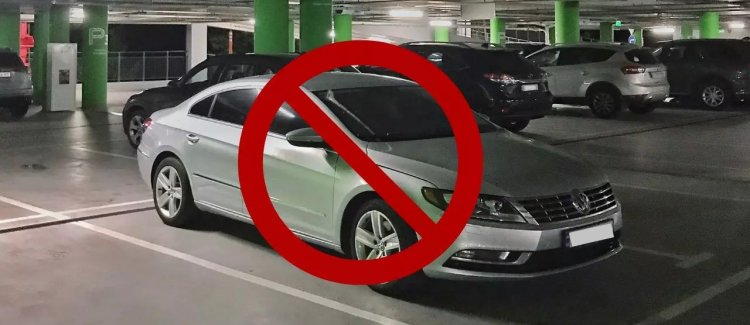
What to Do If a Neighbor Parks in Your Garage Space? Legal and Practical Guide

What to Do If a Neighbor Parks in Your Garage Space? Legal and Practical Guide
In many homeowner communities, conflicts often arise over the use of common areas. One of the most frequent —and also one of the most frustrating— is when a neighbor parks in a garage space that does not belong to them. This situation can create tension, discomfort, and in some cases, even legal battles. But what can you do if a neighbor occupies your garage space without permission?
Your Garage Space as Part of Your Property
The first thing you need to understand is the legal status of your garage space:
- * If it is included in the deed of your property, it is considered private property.
- * If it is an independent parking space, it will have its own deed and is also for your exclusive use.
- * In community garages without assigned spaces, the situation is different: all residents may park in any available spot.
This distinction is essential, as it determines whether an occupation is legitimate or improper.
Additionally, the owner of a garage space can primarily use it for parking, but in some cases, it may also serve as a small storage area, provided everything remains within the marked boundaries.
First Step: Talk to Your Neighbor
If someone parks in your space, the first recommended action is to speak directly with your neighbor. It may simply be a one-time emergency or misunderstanding. However, if the situation becomes repetitive, it’s important to formally notify the neighbor in order to document your claim.
Document the Occupation
Take photographs of the vehicle encroaching on your space. These records can be crucial if the case escalates into a legal dispute.
Notify the Homeowners’ Association
If the problem persists, report the situation to the community president or property manager. They can:
- * Attempt to mediate informally.
- * Call a homeowners’ meeting to address the issue.
- * Send a formal written notice to the offending neighbor.
Legal Action: Horizontal Property Law
If mediation fails, the Horizontal Property Law (HPL), specifically Article 7, allows you to initiate a cessation action against the neighbor.
- * With authorization from the homeowners’ association, you can file a legal claim.
- * In severe cases, a judge may even suspend the neighbor’s right to use their home for up to three years.
Filing a Complaint and Vehicle Removal
Another option is to file a complaint individually or through the homeowners’ association. Local police, once notified, can order the removal of the vehicle to the municipal impound lot.
If the vehicle’s owner cannot be located, the notice may be sent to the community president or the property manager, who will be responsible for applying any sanctions outlined in the association’s bylaws.
Conclusion: Act Firmly but Strategically
Parking in someone else’s garage space is not a minor misunderstanding; it is an infringement of private property rights. The law provides clear mechanisms to address and resolve this issue. While it is advisable to start with dialogue and mediation, if the problem continues, legal and enforcement measures are available to protect your rights as a property owner.





